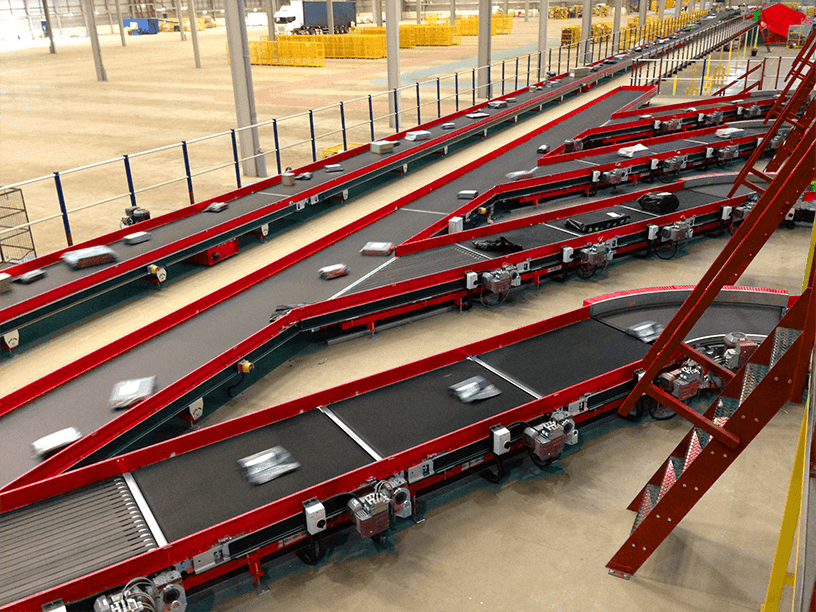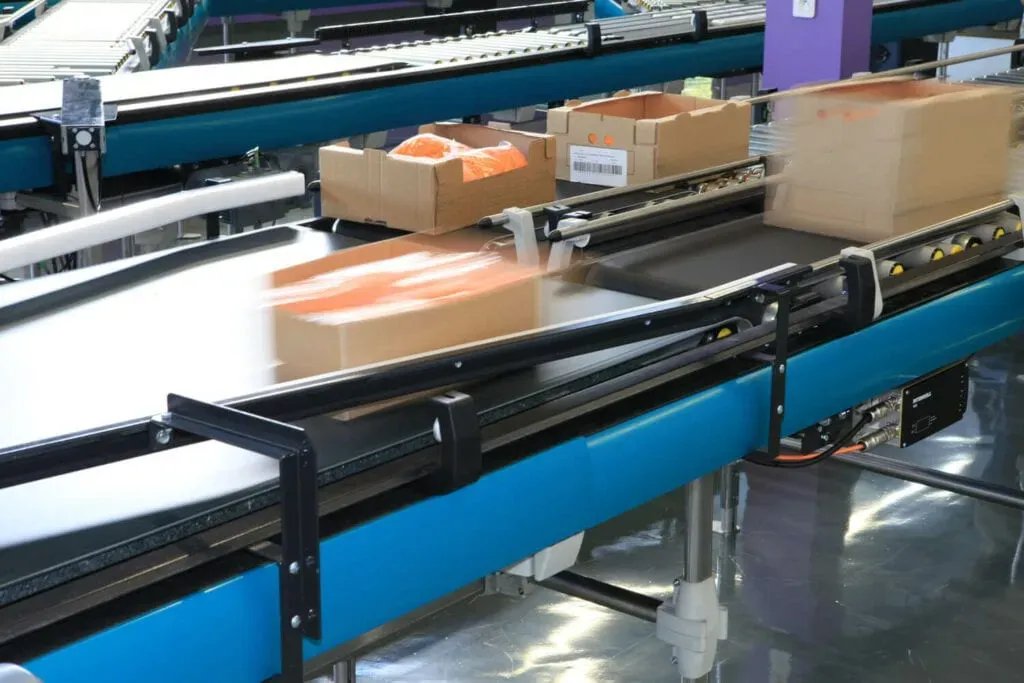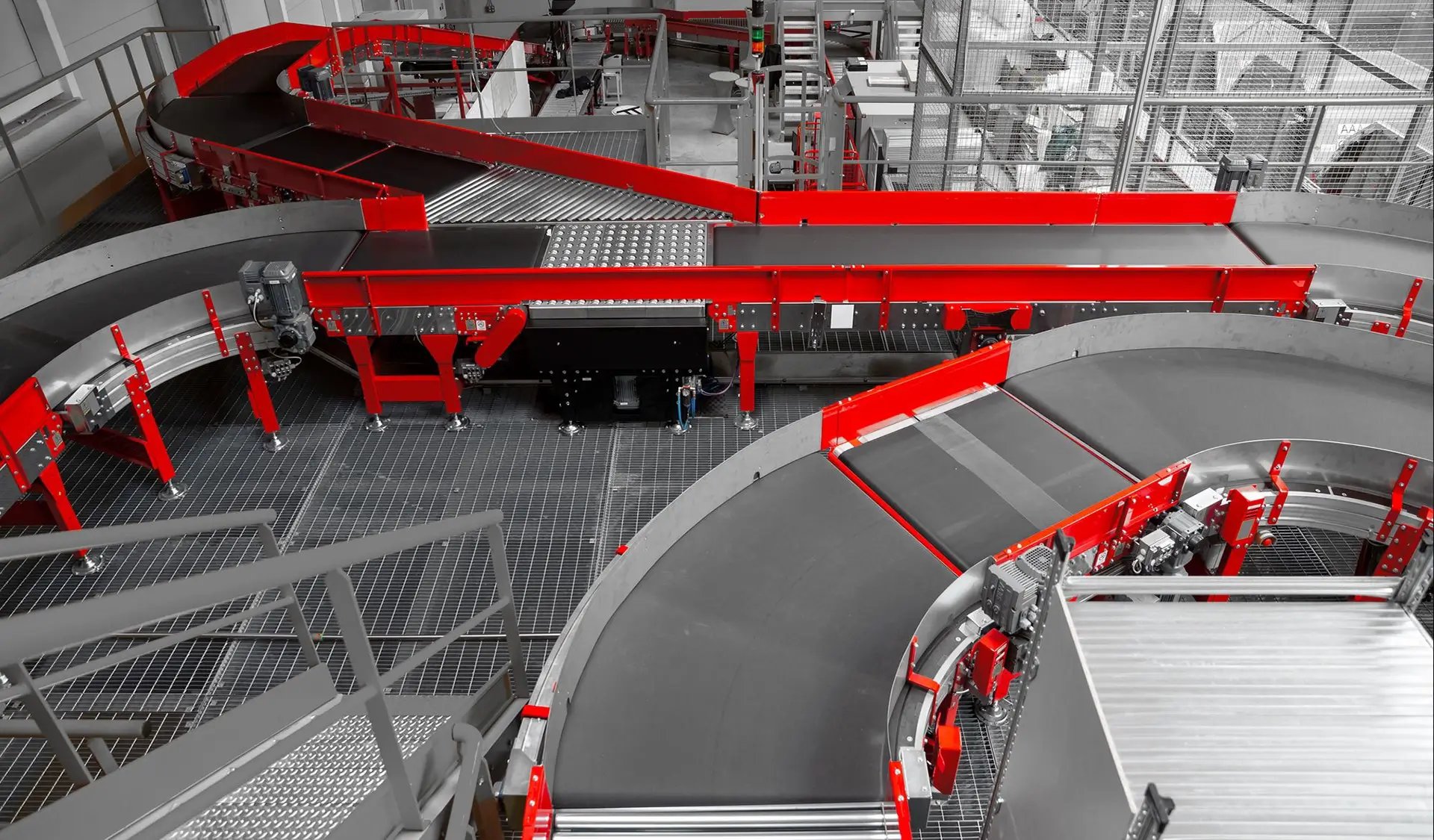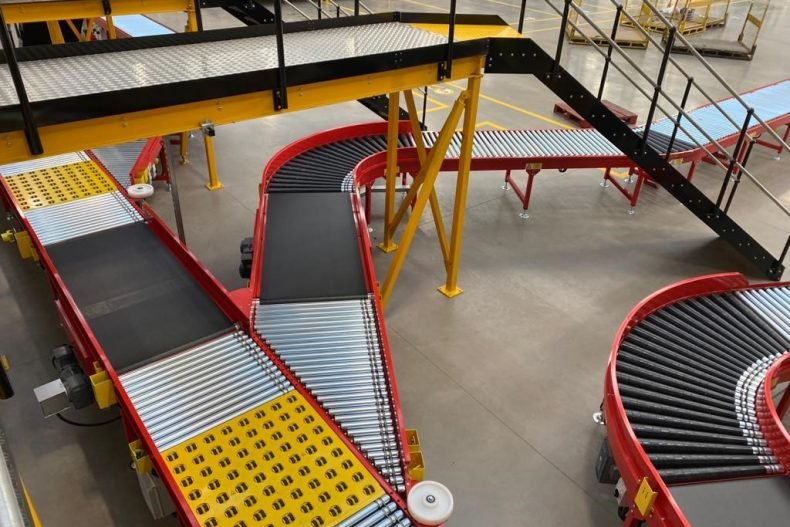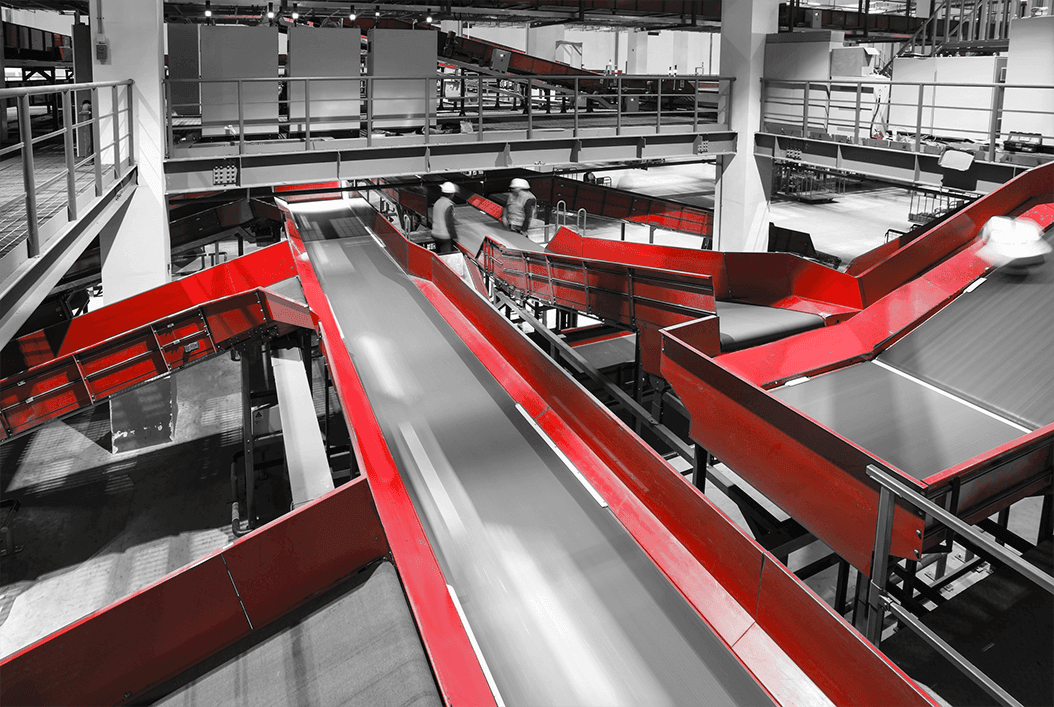Applications in UK Manufacturing Facilities
Flexible automation has become increasingly integral to enhancing efficiency and productivity within UK manufacturing facilities, with the adoption of technologies such as industrial robots, collaborative robots (cobots), and artificial intelligence (AI) enabling manufacturers to respond swiftly to market demands and production requirements.
In 2023, the UK witnessed a significant surge in industrial robot installations, predominantly driven by the automotive sector, with the food and metal industries also contributing to this upward trend.
Despite these advancements, the UK sits behind other nations in robot density (and is the lowest of the G7 countries), however, to address this, UK manufacturers are increasingly investing in AI and machine learning (ML) to bolster the deployment and impact of automation. An industry survey indicated that 88% of UK companies have invested or plan to invest in AI and ML within the next 12 months to support robotic process automation and industrial automation capabilities.
With growing support for investment and advanced systems becoming more agile and intelligent, the integration of flexible automation in UK manufacturing facilities is set to further enhance competitiveness, drive innovation, and address productivity challenges in the evolving industrial landscape. These developments represent automation in action, showcasing how the blend of processing machines and smart software delivers real outcomes.
